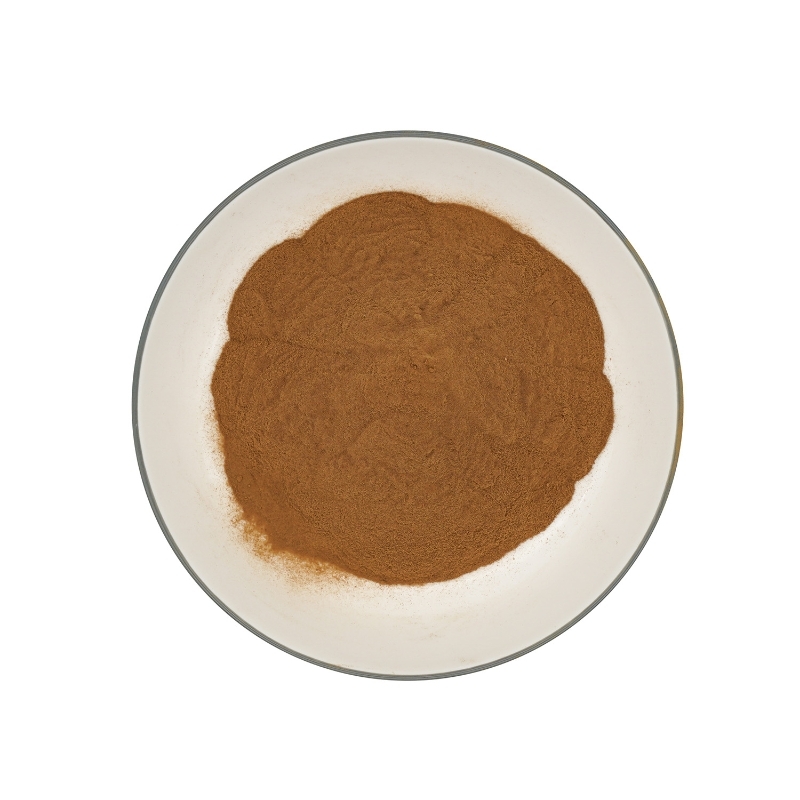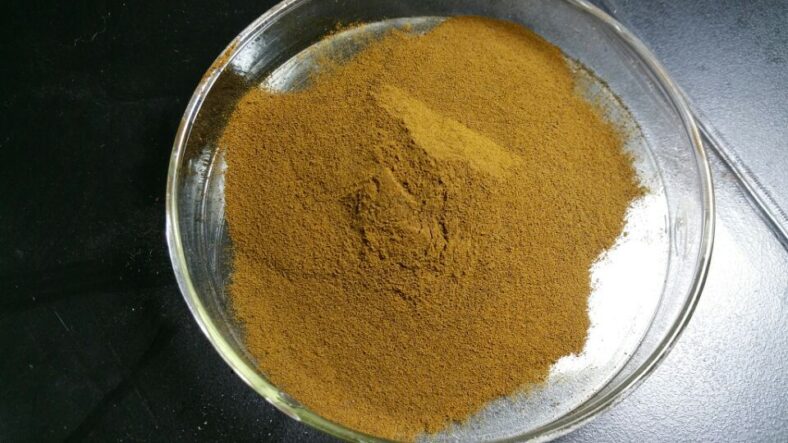Lignosulphonate is a remarkable chemical compound that has gained significant attention in recent years. In this article, we will delve into the world of lignosulphonate, exploring its applications, benefits, and its relevance to Malaysia. Discover what lignosulphonate is, why it is important, and how it is used in different industries.
What is Lignosulphonate?
Lignosulphonate is a natural polymer derived from lignin, a complex organic compound found in the cell walls of plants, especially wood. Through a chemical process, lignin is extracted from wood pulp during the production of paper. The resulting lignosulphonate is a water-soluble substance with excellent binding and dispersing properties.
Why is Lignosulphonate Important?
- Eco-Friendliness: Lignosulphonate is a sustainable and environmentally friendly alternative to synthetic chemicals. As it is derived from renewable sources, primarily wood, it contributes to reducing the carbon footprint and dependence on non-renewable resources.
- Versatility: Lignosulphonate finds extensive use in various industries due to its versatile nature. It serves as a crucial ingredient in concrete admixtures, animal feed additives, agrochemicals, and a range of other applications.
- Binding and Dispersing Agent: Lignosulphonate acts as a binder and dispersant in many formulations. Its ability to bind particles together and disperse them evenly is particularly valuable in industries such as construction, agriculture, and chemical manufacturing.

How is Lignosulphonate Used?
- Construction Industry: In the construction sector, lignosulphonate is commonly used as a concrete admixture. It enhances the workability and performance of concrete, improving its strength, durability, and resistance to cracking. Lignosulphonate also reduces water usage in concrete production, leading to more sustainable construction practices.
- Agriculture and Animal Feed: Lignosulphonate acts as a valuable additive in animal feed, improving the digestibility of nutrients and enhancing animal growth. In agriculture, it is used as a soil conditioner and binder for fertilizers, allowing for better nutrient absorption by plants and minimizing nutrient runoff.
- Chemical Manufacturing: Lignosulphonate is employed as a dispersant and binding agent in various chemical processes. It helps prevent agglomeration of particles, facilitating the production of consistent and high-quality products.
- Other Applications: Lignosulphonate finds application in diverse industries, including ceramics, textiles, and cosmetics. Its binding and dispersing properties make it useful in ceramic production, textile dyeing, and formulation of personal care products.
Conclusion
Lignosulphonate is a valuable and eco-friendly chemical compound that offers a multitude of benefits across several industries. Its versatility, binding, and dispersing properties make it an essential ingredient in construction, agriculture, and chemical manufacturing. With Malaysia’s growing emphasis on sustainable practices, lignosulphonate presents an excellent opportunity for industries to adopt greener alternatives. By leveraging the unique characteristics of lignosulphonate, businesses can enhance their products’ performance while contributing to a more sustainable future. Embracing lignosulphonate in various applications will not only boost industry efficiency but also reduce environmental impact, making it a win-win solution for both businesses and the planet. Do you need it? Please check out http://3dresources.com.my/.



